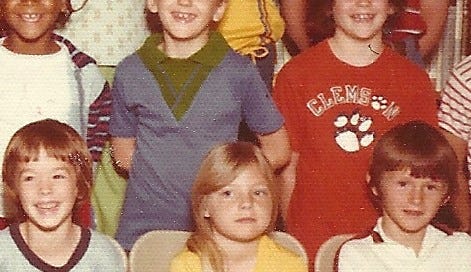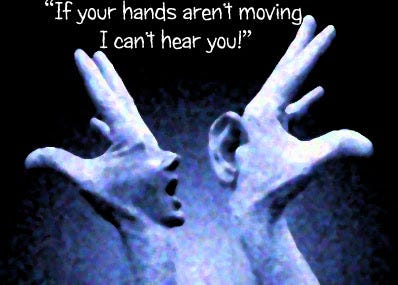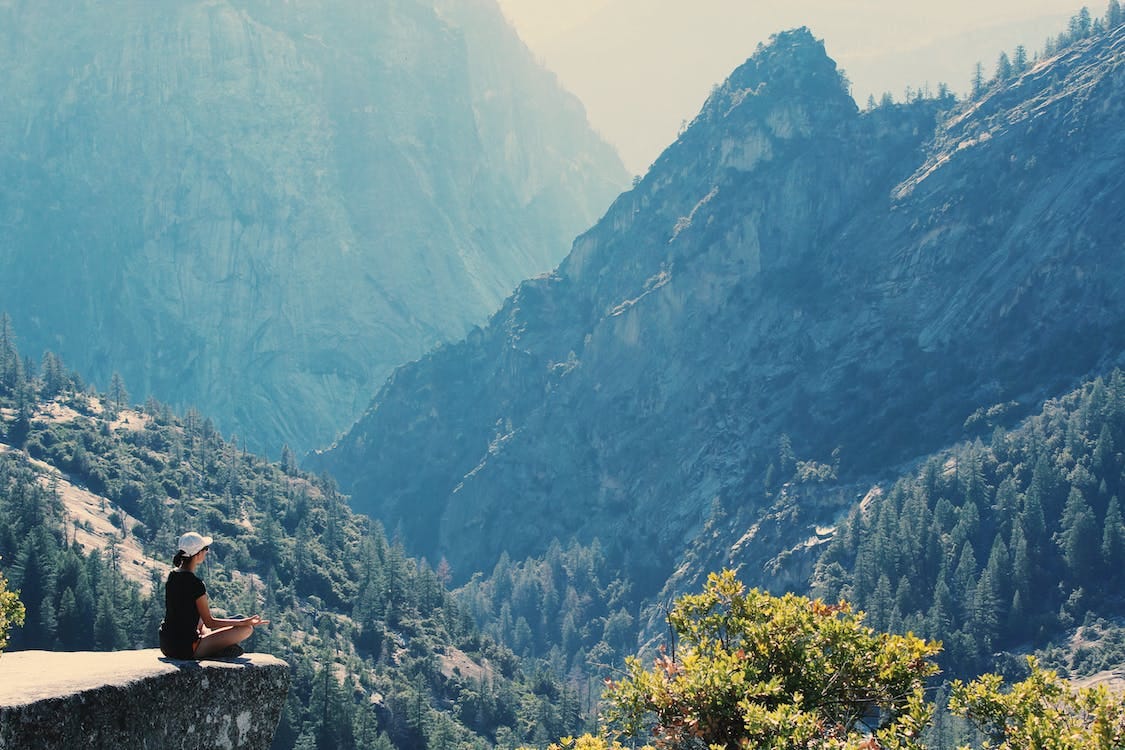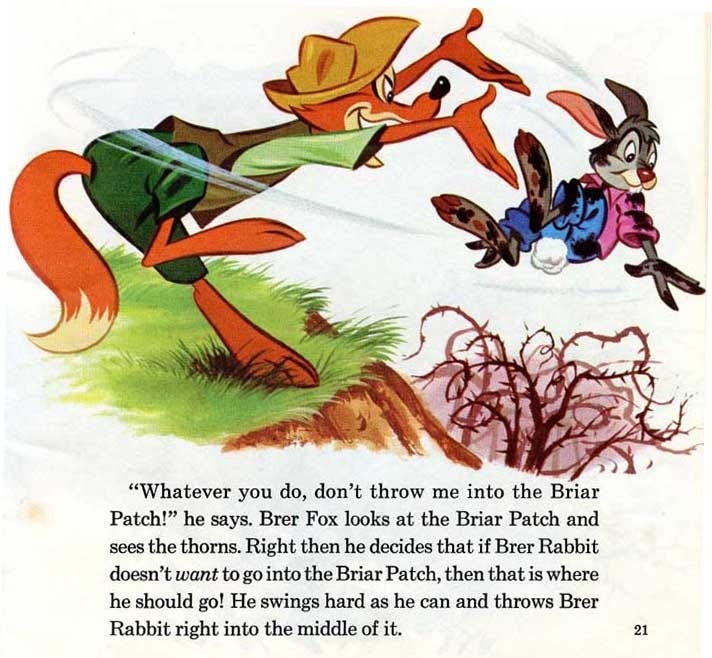In a society that puts a high premium on extroversion, owning your introversion can feel like speaking at an AA meeting.
Hello, I’m Greta and I’m an introvert.
It’s been four months since my last face to face conversation.
Whether you’re at work or just trying to make new friends, there’s a stigma that goes along with not being gregarious - not flailing your arms about in wild gesticulation as you recount the tale of your latest crazy adventure to an eager crowd.
Most of the introverts I know watch these kinds of demonstrations with a mix of both horror and admiration. Horror that we’re expected to perform in the same manner to get attention, and admiration because some part of us knows we’d have an easier time in life if we could.
I remember attending a team-meeting at my old job (the phrase “team meeting” still makes me twitch). We, the team, were listening to a co-worker from another department rattle on about properties and leasing. He, I’ll call him Dave (because that was his name), made the subject exciting.
I watched everyone around the table nodding in unison as Dave spilled and shot words all over the room… words that meant absolutely nothing. No one seemed to care about that.
Dave gesticulated his excitement as he wove a spell of words over the listeners that left them in awe. I, too, was in awe - but for a different reason.
As someone who loves words, I tend to pay attention to what is said. I listen to song lyrics; I pay attention to the rapid-fire disclaimers at the end of commercials…
The large print giveth and the small print taketh away.
The actual words Dave was using did not even form complete sentences, much less cohesive thoughts. And yet, everyone around the table kept smiling and nodding.
By the end of the meeting, I wanted to shake this guy’s hand. He clearly had a power over others and it was mesmerizing.
I ended up working with Dave briefly and, one on one, I got him to buy into an idea I’d been trying, unsuccessfully, to sell the organization for months. Once I convinced Dave to get excited, he spread his contagion until my idea became a work in progress.
While I knew I’d never have Dave’s special power of persuasion, I certainly utilized his skill to my own ends. Maybe that’s the introvert’s special power.
In the end, as much as I craved that direct influence over others, I realized that most people are swayed by complete bullshit and I’m never going to be a bullshiter -nor do I want to be.
A few years after that meeting, Dave was handed a pink-slip for overpromising and underdelivering. That’s the eventual fate of so many dream-weavers.
“Society often overlooks us introverts. We idolize the talkers and the spotlight seekers, as if they are the role models everyone should be emulating. I call this the Extrovert Ideal. This is the belief that we're all supposed to be quick-thinking, charismatic risk takers who prefer action to contemplation.
The Extrovert Ideal is what can make you feel as if there's something wrong with you because you're not at your best in a large group. It's an especially powerful force in school, where the loudest, most talkative kids are often the most popular, and where teachers reward the students who are eager to raise their hands in class.”
Susan Cain, Quiet: The Power of Introverts in a World That Can't Stop Talking
When I was a young girl, I lived with an underlying shame that there was something really wrong with me. The feeling had a lot to do with my family situation, which, to summarize in an extreme understatement, was “dysfunctional”. Maybe I’ll write about that some other day - for now, it’s enough to say that I was negatively affected.
A naturally quiet and reserved person, I observed other children who were excited to play softball together while I just felt terrified about it. They danced around the room with abandon while my feet felt like lead. Their laughs just sounded lighter and easier than mine. By contrast, I just felt damaged.
At nine years of age, I was already old.
To be young when you’re old, you must be old when you’re young.
It wasn’t that I didn’t have any friends - I did. I tended to gravitate toward other quiet types, like me, who preferred to spend recess talking to each other while drawing in the dirt with sticks while the other children clamored to the monkey-bars.
Later, as I became “good looking” (thanks to puberty) and honed my “cool persona”, I cashed my ticket into the cool-kid club, still secretly hoping to absorb some of the magic that makes people “influential” and magnetic.
It didn’t take.
At the time, I believed that these kids who were so opposite from me were “normal”. They weren’t shy, they weren’t afraid and they weren’t methodical. They weren’t damaged - or so I believed.
For many years, I continued to seek the company and approval of these “normal” folks that society promotes as ideal. Meanwhile, I developed a deep cognitive dissonance as I began to observe that these people weren’t very thoughtful. They weren’t reflective. They weren’t empathetic.
They weren’t any of the values that, in my heart, I held dear.
I spent a lot of time hanging with, gravitating to, and feeling less-than these people that, in truth, I didn’t even like.
Until, finally, I stopped.
I discovered I wasn’t quiet because I was damaged. I was quiet because I am an introvert.
Learning about introversion helped me to embrace my natural tendency to be quiet, still and alone. I’m not just okay with it, I’m proud of my natural ability to stand still while the rest of the world spins in craziness around me.
That’s my super power.
Separating my inherent introversion from the affects of a damaging childhood was a wholly different challenge. That onion took years to peel and, like peeling an onion, there were many tears.
But this isn’t about that. Not now.
Dispelling Myths About Introversion
I used to put up walls to keep people from discovering my secret, shameful family life. While I still keep most people at arm’s length, now it’s to protect my own energy. I’m not at all shy. Most introverts, in fact, are not shy. They just have a limited amount of energy for interacting with others.
My battery gets charged when I’m alone and depleted when I’m with others. Extroverts’ batteries get charged by being with others and depleted when they’re alone.
Introversion is on a spectrum. John is closer to center. He’s fine being alone and he also doesn’t seem to get as exasperated with others as I do. Maybe he’s more tolerant, maybe he’s stronger. Whatever the case, he continues to inspire me.
I, on the other hand, am on the extreme end of introversion. Like, I swear, if I were ever in prison, I’d probably shank someone just to get thrown into solitary confinement.
As you might imagine, living out here without any pressure to interact with anyone in person for months at a time doesn’t bother me at all. I think my introversion has lead me to adopt a lot of hobbies and interests I might not have otherwise. For instance, I have an ability to focus intensely for hours at a time on one subject without getting tired or distracted. This isn’t unique to me - it’s another “super-power” that most introverts posses.
An aside: It’s because I value the ability to focus that I completely bashed and threw away my iPhone. Those devices are engineered to be addictive and distracting. My focus was being affected by my constant desire to check the phone. I could actually feel the length of my focus shortening, so I did what I needed to do to protect myself.
You see, there’s a distinct difference between the way extroverts and introverts think. It’s not right or wrong - just different. I once heard it explained like this:
An extrovert’s mind is like a bullet train. Ask a question and you’ll get a quick answer. It might not be complete or even correct - it will be first, though.
Ask an introvert and they’ll probably respond, “Let me get back to you.”
An introvert’s mind is like a cargo train. Their thought process makes many stops, gathering information at each stop, compiling it, weighing it. When they (finally) respond, their answer will be multi-faceted and complex.
In the world, we introverts are competing with people who talk fast and answer first. The problem is, most people believe them and move on that initial information without seeking alternate viewpoints.
But it’s not just our information that differs - even the way we communicate is different.
Did you know that eye contact varies between introverts and extroverts? When an extrovert speaks to you, they look you in the eye. When they listen, they typically look away (we introverts may interpret this as them “not listening” but that’s not always the case). When introverts listen, they look right at you (some people find our stare disconcerting…).
When we introverts speak, we often look away. We do this because we’re very sensitive to facial cues and other gestures. When I’m speaking to you, I’m focusing on what I’m saying (the words, remember?). Getting distracted by your facial expressions can cause me to lose my train of thought. So I look at the floor, past your head - somewhere else - until the conversation turns back to you and I’m listening again.
This tendency to look away doesn’t do us any favors in job interviews.
A lot of people mistakenly think looking away means you’re lying or lack confidence. Nope. Just introverted.
Learning to Love the Quirkiness that is ME
I’ve learned to appreciate the fact that I love silence. I love sitting outdoors just listening to the birds. When John and I go on a road-trip, we might not even have the radio on for hours. Luckily, he’s comfortable with silence, too.
Too often the conversations in which we introverts find ourselves quickly take a turn for the worse. Is it just me, or are people nowadays more interested in having an audience than a conversation?
Lured in by a simple “Hello”, we introverts can find ourselves trapped in what quickly devolves into a hostage situation with someone who absolutely won’t shut up. We’re too polite to walk away and they’re impervious to social cues. I try to let people in selectively - avoiding these energy vampires.
Instead, I now gravitate toward other quiet types like I used to at recess in the old days. These seemingly boring people are “my tribe”. I’m not sure how many of them there are out there because sometimes they’re pretending to be extroverts, but I get a little excited when I meet one.
Not that you’d ever know I’m excited. :-)
In my daily life, I’ve learned to use the little bit of extroverted energy that I have to interact with others in a hit-and-run kind of way. For instance, I often express unsolicited compliments to strangers out of the blue.
I decided a few years ago never to let a compliment go unsaid. If I notice someone has beautiful hair, I tell them. If they have a kind way about them, I mention it. If I see a cashier is flustered, I make a point to tell them that I’m in no hurry.
I want to like people. I really want to…
Like I said, I’m not shy. I don’t have trouble speaking out when I have something to say. I enjoy being kind and having brief interactions with folks. I suppose I’m just afraid those interactions won’t be brief enough and I’ll become depleted. My silence will be misinterpreted as rudeness; my hasty exit as disinterest. I won’t be invited back again.
As a result, for good or ill, I stretch my aura of protection as wide as possible. Regardless of the Covid lie, no one was happier to see the “six-foot rule of social distancing” implemented.
I realize that extroverts probably won’t understand this post at all - but I’m not explaining myself to them. Not anymore. This little ditty is an encouragement to you, fellow introvert.
Embrace the quiet beauty that is you and build a life that protects your own understated, but definitely super, superpowers. Be a quiet force for good in a world that’s always shouting and stick together - while maintaining a comfortable distance, of course.









What a fantastic article! You've taught me much about myself in these paragraphs.
Are you also an empath? Do you pick up on energies and feelings in groups of people that likewise affect your inner self?
That drives me insane in public! 🤯
Oh I relate so much to this! People ask if I struggle with loneliness out here on the hill, tied to the farm with a flock of sheep for company. Nope, I’ve chosen the isolation and quietness because I’m extremely introverted and need vast amounts of time alone. A trip to town requires days of recovery!